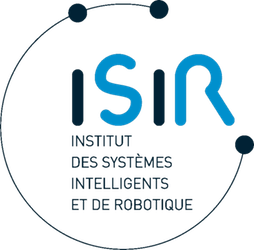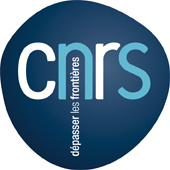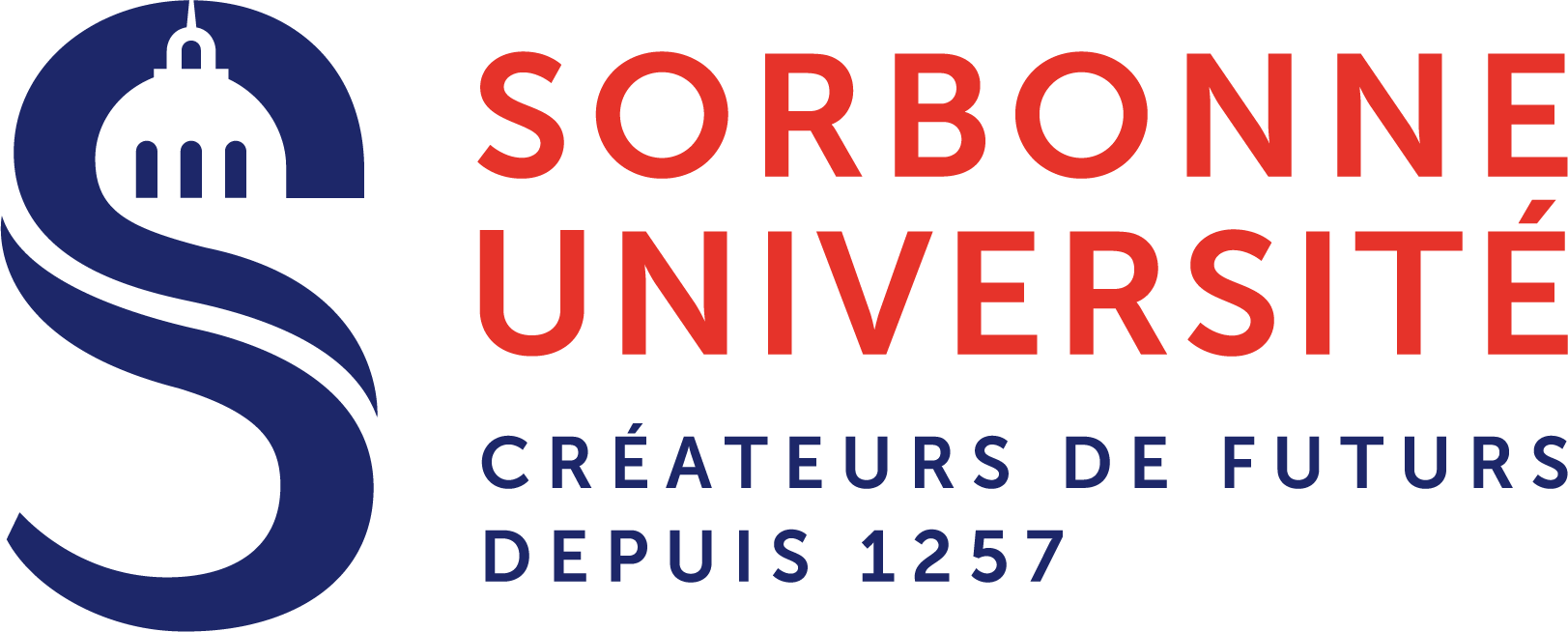We are pleased to announce that we are hosting a talk by
Daniel Pargman on
Monday, January 13 at 11:00 AM.
Title
The chief source of problems are solutions: how to teach engineering students about complexity and sustainability
Guest
Daniel Pargman, associate professor in Media Technology with a specialisation in Sustainability, KTH Royal Institute of Technology, Stockholm, Sweden
Where
Meeting ID: 919 4607 8826
Passcode: 5ksE9z
Abstract
Engineering students learn to solve problems (and problems have solutions). But what if, in a world that is increasingly characterised by complexity and uncertainty, complicated problems have morphed into complex, “wicked” predicaments that have no clear solutions? What if feedback loops, delays and tipping points reshape techno-socio-ecological problems into “predicaments” that are hard to understand, master and solve? If engineering students previously have learned to solve complicated problems, the most difficult challenges that humanity will face during the 21st century pertain to sustainability, so how do we now help our students learn to deal with complex systems? I will describe the new master’s programme in “Sustainable Digitalisation” at KTH Royal Institute of Technology in Stockholm, Sweden and the ideas behind the program.
Bio
Daniel Pargman is an Associate Professor Media Technology and is the co-leader of
Sustainable Futures Lab, a research group that works in the intersection of computing and sustainability. He is also vice program director of a new two-year master’s programme in
Sustainable Digitlization at KTH Royal Institute of Technology. Daniel is also a founding member of the annual workshop/conference
Computing within Limits and was the co-chair of the 10th International Conference on Information and Communications Technology for Sustainability (
ICT4S) in June 2024. The two overarching questions that guide his research are 1) What happens when exponential developments in computing bump into sustainability-related limitations and 2) What is the role of ICT in the transformation to a more sustainable society?
Literature
Meadows, D. (1999).
Leverage points: Places to intervene in a system. Hartland, VT: The Sustainability Institute.
We are pleased to announce that tomorrow, Thursday, July 11 from 11:00 AM to 12:00 PM, we will be hosting a talk by Rachel Tunis, a visiting researcher from the School of Information at UT Austin.
Abstract : Rachel is an incoming fourth-year PhD student whose research focuses on the applications of wearables and connected devices for managing chronic health conditions. She will be proposing her dissertation this fall, which includes qualitative and design studies using theories from HCI, health sciences, and social sciences to evaluate users’ experiences with health management technologies.
Her PhD work has largely been part of a decentralized clinical trial in collaboration with the School of Nursing, aimed at helping older adults with heart failure by using multiple health trackers to improve adherence to self-management behaviors. Rachel also has experience working with Withings, a leading health technology company, where she contributed to designing features for smartwatch users with heart arrhythmias.
Date and location: July 11, 2024 at 11:00AM in Room 103 (Barre 55-65)
Join us for this insightful talk and learn more about Rachel’s innovative research in health management technologies ! 



